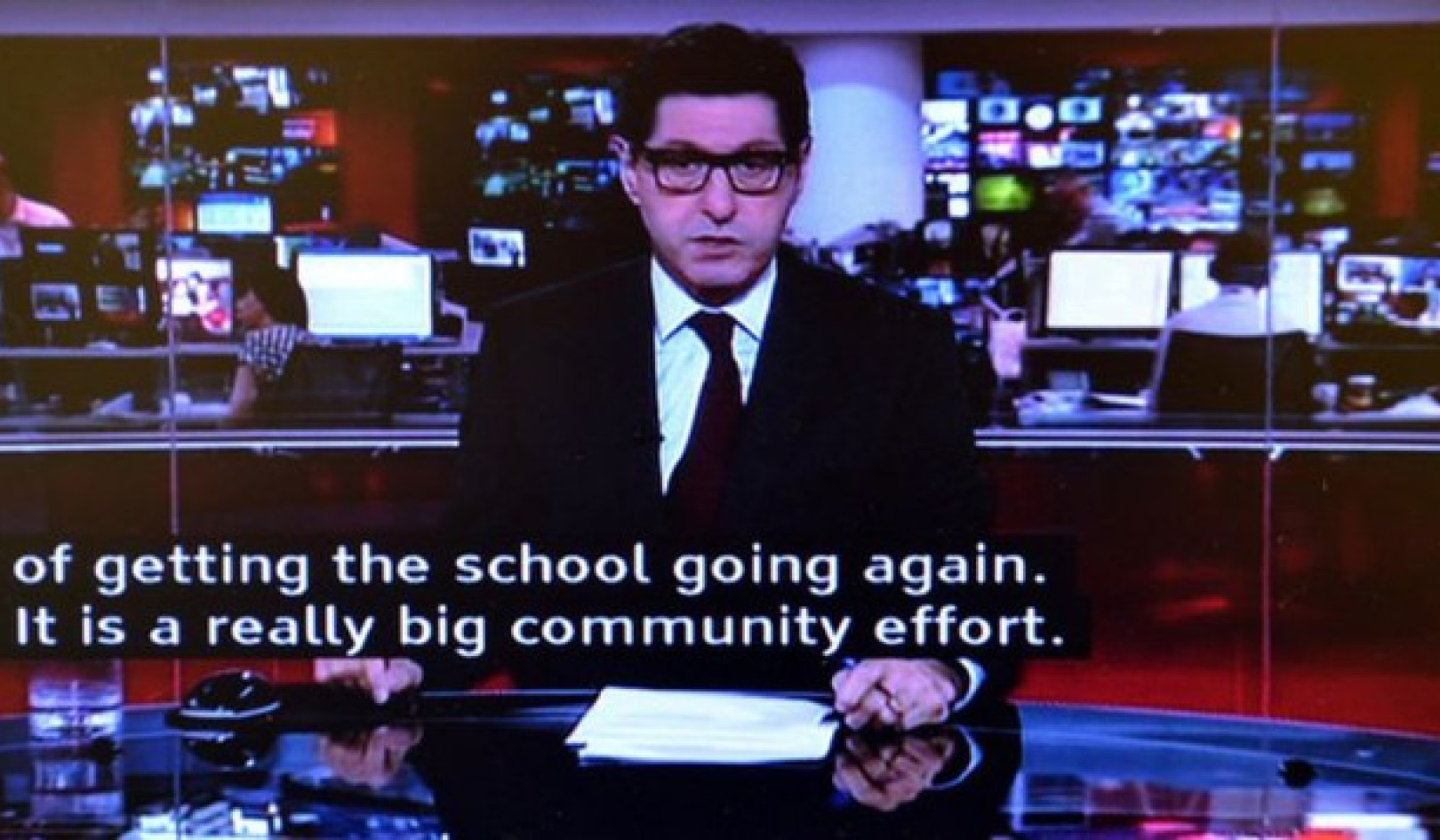
Explaining to kids why their behavior is wrong may not always have the intended positive effect if the parent is loud and abrupt, according to a new study.
The findings indicate both positive and negative outcomes that could have lasting consequences on children’s emotional development. Verbal reasoning, which explains why the behavior is wrong, was associated with higher levels of getting along with others, but also with increased aggression and higher levels of distraction.
“Positive discipline doesn’t always seem to have all that many positive benefits,” says Andrew Grogan-Kaylor, professor of social work at the University of Michigan and lead author of the study in the International Journal of Behavioral Development.
“It’s more likely that the long-term investments that parents make in children, such as spending time with them, letting them know they are loved, and listening to them, have more positive effects than nonviolent discipline. This has yet to be thoroughly researched in a global context.”
Research has continually shown that spanking leads to negative child outcomes, such as aggression and distraction, regardless of the context in which children are disciplined, including country, race and ethnicity, and neighborhood.
In the new study, researchers analyzed different forms of punishment associated with children’s behaviors in a global sample of nearly 216,000 families from 62 countries. The data came from the United Nations Children’s Fund Multiple Indicator Cluster Surveys.
The results confirmed that spanking was not associated with children getting along with their counterparts. It also led to increased aggression and distraction. For nonviolent discipline, which involved verbal reasoning and taking away privileges, mixed outcomes occurred, Grogan-Kaylor says.
Verbal reasoning did promote one positive result: Children were more prosocial with others, especially in countries where this discipline was more common. Surprisingly, verbal reasoning also increased aggression, likely in cases when the parents used harsh tones and language, the study suggests.
“Verbal reasoning may have negative effects on children if it is not employed in a way that is developmentally appropriate for the child to understand why their behavior is inappropriate,” Grogan-Kaylor says.
Meanwhile, children did not get along with other children and showed higher levels of aggression and became distracted when parents took away privileges.
So what’s the best way to discipline a child? Grogan-Kaylor suggests providing them structure, keeping the lines of communication open, and providing developmentally appropriate removal of privileges.
About the Authors

Related Books:
Here are 5 non-fiction books on parenting that are currently Best Sellers on Amazon.com:The Whole-Brain Child: 12 Revolutionary Strategies to Nurture Your Child's Developing Mind
by Daniel J. Siegel and Tina Payne Bryson
This book provides practical strategies for parents to help their children develop emotional intelligence, self-regulation, and resilience using insights from neuroscience.
Click for more info or to order
No-Drama Discipline: The Whole-Brain Way to Calm the Chaos and Nurture Your Child's Developing Mind
by Daniel J. Siegel and Tina Payne Bryson
The authors of The Whole-Brain Child offer guidance for parents to discipline their children in a way that promotes emotional regulation, problem-solving, and empathy.
Click for more info or to order
How to Talk So Kids Will Listen & Listen So Kids Will Talk
by Adele Faber and Elaine Mazlish
This classic book provides practical communication techniques for parents to connect with their children and foster cooperation and respect.
Click for more info or to order
The Montessori Toddler: A Parent's Guide to Raising a Curious and Responsible Human Being
by Simone Davies
This guide offers insights and strategies for parents to implement Montessori principles at home and foster their toddler's natural curiosity, independence, and love of learning.
Click for more info or to order
Peaceful Parent, Happy Kids: How to Stop Yelling and Start Connecting
by Dr. Laura Markham
This book offers practical guidance for parents to shift their mindset and communication style to foster connection, empathy, and cooperation with their children.


























